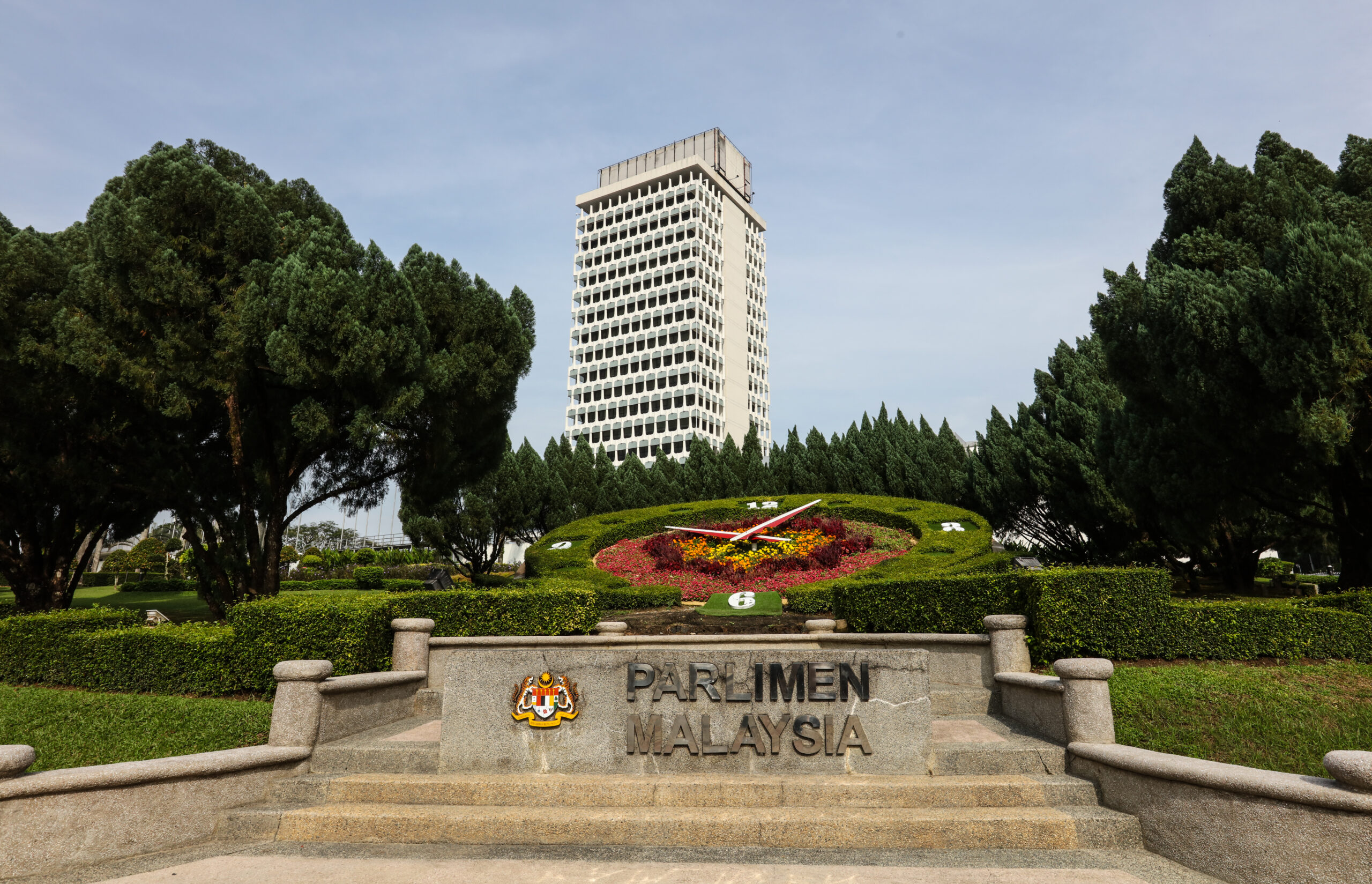PASSING the Mufti (Federal Territories) Bill will grant unprecedented powers to religious authorities and entrench these powers with protection against suits and legal proceedings, said a women’s rights group.
According to Sisters in Islam (SIS), this means religious authorities – from mufti and akidah consultants to members of newly-formed religious committees – will be shielded from legal accountability.
“Without oversight and recourse for appeals or legal challenges, the unchecked powers of institutions or figures directly undermine the rule of law and justice,” it said in a statement on Thursday (Oct 10).
“Additionally, the Bill seeks to entrench religious control over both the public and private lives of Malaysian Muslims, further complicating the relationship between personal religious freedom and state-sanctioned restrictions.”
The Dewan Rakyat reconvenes next Monday (Oct 14) for its third session this year to deliberate and pass laws such as this.
Last month, Minister in the Prime Minister’s Department (Religious Affairs) Datuk Mohd Na’im Mokhtar said the government would proceed with the Bill’s second and third readings on Oct 16 or 17.
Elaborating, SIS cautioned that at a time of high public distrust against institutions or causes related to Islam and vulnerable persons/communities where monies are concerned, it is untenable for individual religious figures to be given carte blanche.
“This is especially with a legislative mandate to make decisions that affect the lives of millions of Muslims in the Federal Territories,” it added.
Violation to Amman Message
Malaysia is known as a moderate Muslim nation. However, the Mufti Bill could harm this long international reputation, particularly given Malaysian leaders’ endorsement of the Amman Message, SIS warned.
The Amman Message, issued on Nov 9, 2004 by King Abdullah II of Jordan, was a significant effort to promote tolerance and unity within the global Muslim community.
It clarified the nature of Islam, aiming to counter global misconceptions and tensions linked to Islam following events like the 9/11 attack. Crucially, the Amman Message included:
- Recognition of all eight legal schools of Islam, including Sunni, Shia, and Ibadi.
- A prohibition on declaring other Muslims as apostates (takfir).
- Guidelines for issuing religious edicts (fatwas) to prevent illegitimate rulings and abuses of authority.
Malaysian leaders, including Prime Minister Datuk Seri Anwar Ibrahim, are signatories to the Amman Message.
“This endorsement obliges Malaysian leaders with a moral responsibility to respect Muslim diversity, prohibit takfir or excommunication of other Muslims, and ensure that fatwas are issued with caution and respect for differences in religious interpretation,” SIS noted.
“The Mufti Bill flies in the face of these commitments. By proposing legally binding fatwas and elevating a single-state interpretation of Islam, the Bill threatens to marginalise minority sects, disregard the diversity of Islamic thought, and empower religious authorities to impose their views unchecked.”
Broader implications for religious and human rights
According to SIS, the Mufti Bill places Malaysia at odds with international human rights norms, particularly those outlined in the Universal Declaration of Human Rights and the Beirut Declaration.
By creating legal frameworks that discriminate against certain religious practices or beliefs, the Bill could lead to systemic oppression of minority sects within Islam, as well as the marginalisation of non-Muslim communities.
“If this Bill is allowed to pass, Malaysia’s standing in the global community could be compromised, with international organisations and human rights bodies taking note of the sharp decline in religious freedom and the rise of authoritarianism in religious governance,” it pointed out.
“The Bill sends a clear message that Malaysia is moving away from its commitment to human rights and constitutional protections.” – Oct 11, 2024
Sisters in Islam is a non-governmental organisation working towards advancing the rights of Muslim women in Malaysia within the framework of Islam, universal human rights principles, constitutional guarantees, as well as the lived realities and experiences of women.
The views expressed are solely of the author and do not necessarily reflect those of Focus Malaysia.









